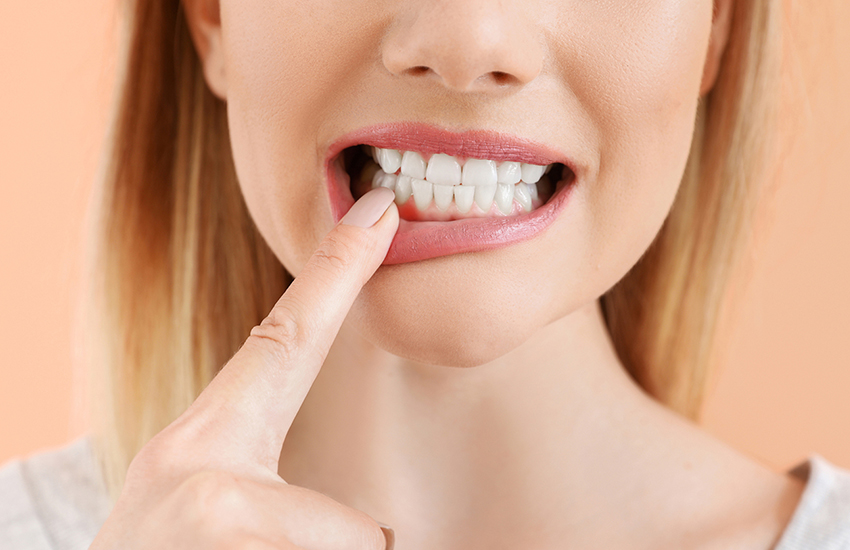
Gum Disease (Periodontal Disease)
Periodontal disease, or gum disease, is the inflammation of the tooth and surrounding gums and jawbones. It is caused by a build-up of plaque and calculus (tartar) on your teeth. This build-up causes the gums to become red, swollen, irritated and inflamed. Symptoms include;
- Bleeding gums when you brush or floss
- Swollen, inflamed and red gums
- Development of gaps between your teeth
- Teeth that become more and more loose
HOW DO YOU TREAT GUM DISEASE?
It is important to catch and treat gum disease in its early stages. There can often be no outward symptoms, so we recommend regular visits with us to assess your mouth for any initial stages of gum disease. It is recommended by all major Health Authorities such as Australian Dental Association that routine 6 monthly visits to your Dentist are necessary to prevent and control gum disease. There is unfortunately no cure for it but continued treatment can maintain the disease and prevent it from worsening.
HEART HEALTH & GUM DISEASE
Gum disease has been found to have strong links with heart disease. The bacteria that causes gum disease can enter the bloodstream through the inflamed gums and attach to fatty deposits in the blood vessels of the heart. This condition can cause blood clots, which can lead to a heart attack. Due to this link, it is strongly recommended that you maintain healthy gums to prevent any effects it may have on your overall health.
DIABETES & GUM DISEASE
There is now also a link between gum disease and diabetes. Diabetes is a systemic condition that changes the inflammation response of the body. Normally when plaque constantly sits on the gums they become inflamed & bleed. This is how the body reacts to the plaque on the teeth. However, in diabetics, the over-responsive immune system combined with delayed healing can result in a higher risk of gum disease. This is more prevalent when diabetes has been present for a long time or if not controlled well.
BAD BREATH & GUM DISEASE
Bad breath can be caused from a number of things however gum disease can be to blame. Other cause can be a dry mouth due to dehydration or certain medications as well as tooth decay. Medications can reduce the amount of saliva that is produced by the mouth which is important for cleansing the bad bacteria that causes bad breath. There are some ways to manage a dry mouth including salivary substitute products we can discuss with you at your next hygiene appointment.
FAQs
Hold the tooth by the crown (the white part) not by the root (the yellow part). Place back in immediately if possible. If the tooth is contaminated, rinse shortly with cold tap water and put the tooth back in place. Hold the tooth in place by biting down gently on a handkerchief. If you cannot put the tooth back into the socket, put the tooth in a cup of milk or saline. If milk or saline isn’t available, place the tooth between the teeth and gums. Call us and make an immediate appointment.
Find the broken part of the tooth if you haven’t already swallowed it. Check if the gums around the tooth are bleeding and if so, call us immediately. If the area does not appear to be bleeding and the chipped part of the tooth is only minimal, phone us and make a future appointment as soon as you can.
If you have lost a tooth or have any other emergency dental needs, put your mind at ease and call us for a same day appointment.
If you find yourself with a toothache after hours it is best to try at home remedies such as pain relief. Panadol & Nurofen 2 hourly often work great, as do heat packs or ice packs in some cases may relieve the pain.
Ai Dental does offer Penthrox as a sedation method. As used by the Queensland Ambulance Service, this is a safe effective sedation. Unlike ‘happy gas’, you are able to drive yourself home afterwards & continue on your day without any ‘groggy’ feelings.
